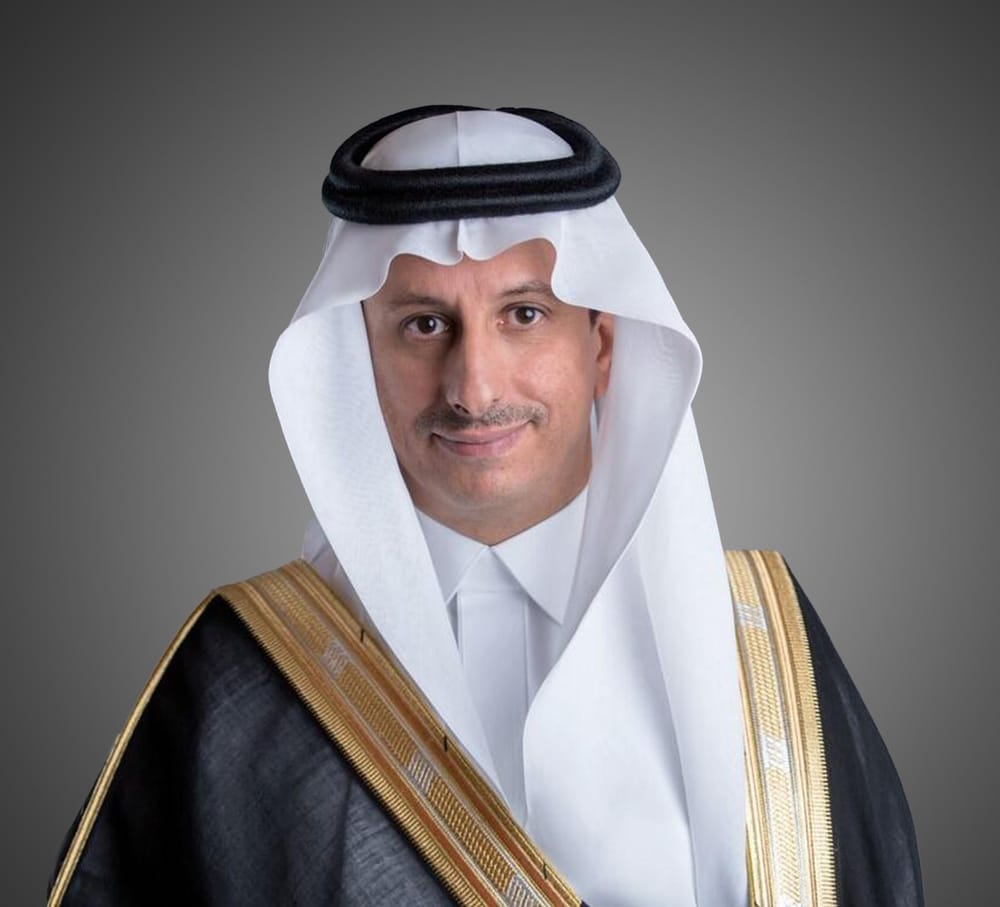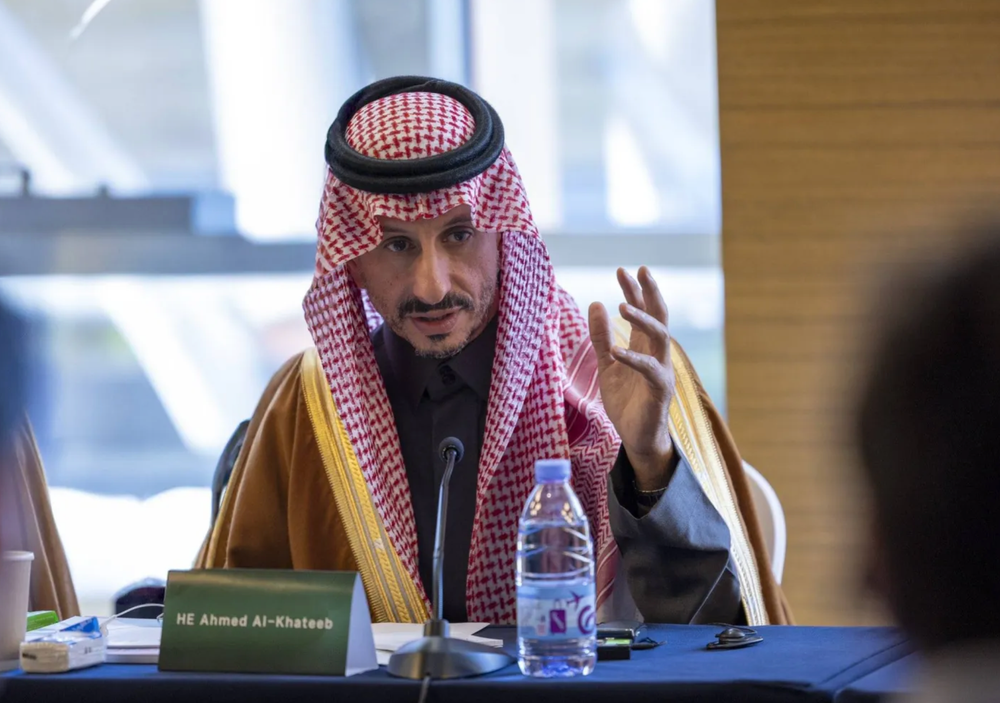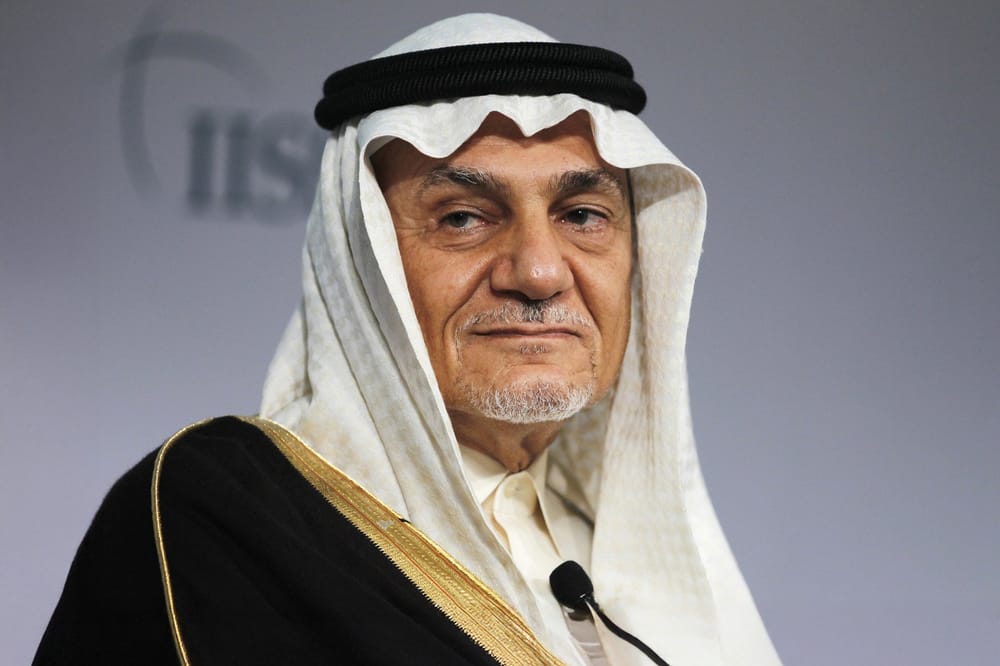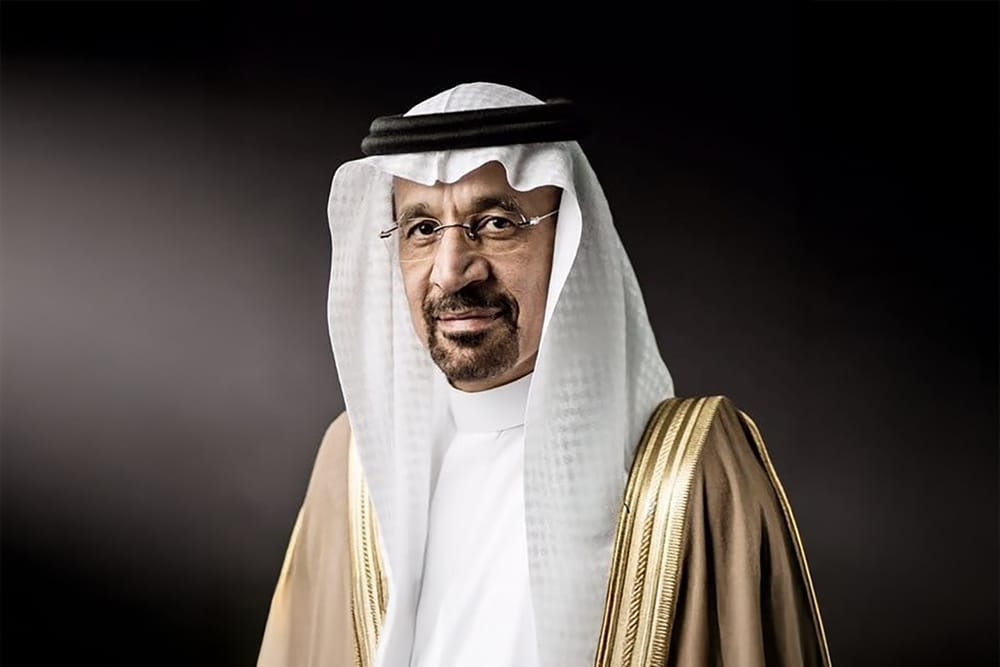How visionary leadership shaped one of the Kingdom’s most vital ministries
Why Health Leadership Matters
Since its establishment in 1950, the Ministry of Health has been at the heart of Saudi Arabia’s national development. From humble beginnings with just a handful of clinics, the Kingdom now boasts one of the most sophisticated healthcare systems in the Middle East — a transformation led by a succession of ministers who combined vision with execution.
Today, as Saudi Arabia drives forward with Vision 2030, healthcare leadership remains central to its ambitions for human development, quality of life, and economic diversification. The history of the Ministry of Health offers powerful lessons for current and future public leaders.
The Pioneering Era (1950s–1960s): Laying the Foundations of National Health
The Ministry of Health was formally established in 1950, a period when Saudi Arabia was rapidly transitioning from a pre-modern state into a modern nation.
The Kingdom’s first Health Ministers, such as Prince Abdullah bin Faisal Al Saud and Dr. Rashad Pharaon, focused on building the most basic services:
- Setting up primary health clinics in major cities
- Launching vaccination campaigns
- Sending Saudi doctors abroad for training
- Beginning the first public health education efforts
This was an era of nation-building — the ministers were creating institutions from scratch, often in a challenging environment of limited resources and vast geographical distances.
The Growth Decades (1970s–1990s): Expanding Healthcare Access Across the Kingdom
Fueled by the oil boom, the 1970s and 1980s saw major expansion of Saudi Arabia’s healthcare system. Ministers such as Hussain Al Jazairy (1975–1982) and Faisal Al Hujailan (1983–1995) spearheaded:
- Building hundreds of hospitals and clinics across all regions
- Launching national vaccination programs that eliminated diseases such as smallpox and polio
- Opening the first Saudi medical universities to train local doctors
- Implementing mobile healthcare units to reach remote areas
This was an era where healthcare became truly universal, part of the national promise to every citizen and resident.
Modernisation and Digital Transformation (1995–2016)
From the mid-1990s onwards, the focus shifted to quality and :
- Osama Shobokshi (1995–2003) introduced electronic health records and promoted evidence-based, medicine.
- Hamad Al Manie (2003–2009) continued this trend, improving hospital accreditation and integrating digital systems.
- Abdullah Al Rabeeah (2009–2014) — a world-renowned pediatric surgeon — brought a focus on clinical excellence and patient-centred private care.
By this era, the Ministry was no longer just about infrastructure — it was about creating a world-class health system comparable to international benchmarks.
Vision 2030: The New Era of Healthcare Leadership (2016–Present)
Under Vision 2030, healthcare is undergoing its most ambitious transformation yet:
- Tawfig Al Rabiah (2016–2021) launched the Health Sector Transformation Program, focusing on:
- Privatisation and public-private partnerships
- Insurance reform
- Telemedicine
- Preventive healthcare to tackle chronic diseases
- Fahad Al Jalajel (2021–present) is advancing this vision further, with:
- Greater digital integration
- More focus on population health
- Patient experience and satisfaction as key metrics
Today’s Health Minister is no longer just an administrator — they must be a visionary strategist, an innovator, and a collaborator with multiple sectors.
Leadership Traits That Defined Saudi Arabia’s Most Impactful Health Ministers
Across seven decades, the most successful Health Ministers shared key leadership traits:
1. Systems thinking — seeing the big picture beyond individual hospitals
2. Political alignment — understanding and supporting national leadership priorities
3. Outcome orientation — focusing on real impact for citizens’ health
4. Cross-disciplinary expertise — combining public health, technology, management, and diplomacy
5. Reform mindset — always seeking to modernize and improve
These qualities remain essential for future leaders in this vital ministry.
Lessons for Future Leaders: What Today’s Young Saudis Can Learn
For young Saudis aspiring to serve their country,, whether as future ministers or senior officials , the history of the Ministry of Health offers timeless lessons:
- Think long-term. Health is a generational investment.
- Embrace innovation. The future of healthcare is digital, personalised, and preventive.
- Collaborate widely. Health outcomes depend on partnerships with other sectors.
- Lead with compassion. At its heart, healthcare is about human dignity and well-being.
As Saudi Arabia continues its transformation, healthcare leadership will remain a national priority. The next generation of leaders has a remarkable legacy to build upon — and the opportunity to take it even further.
Health Ministers as Nation Builders
From the first clinics of the 1950s to today’s AI-enabled smart hospitals, the story of Saudi Arabia’s Health Ministers is a story of nation-building — one of courage, vision, and relentless pursuit of a healthier future for all.
As Wazear celebrates leadership in public service, this history reminds us that great ministers are not just administrators — they are architects of the nation’s wellbeing.





